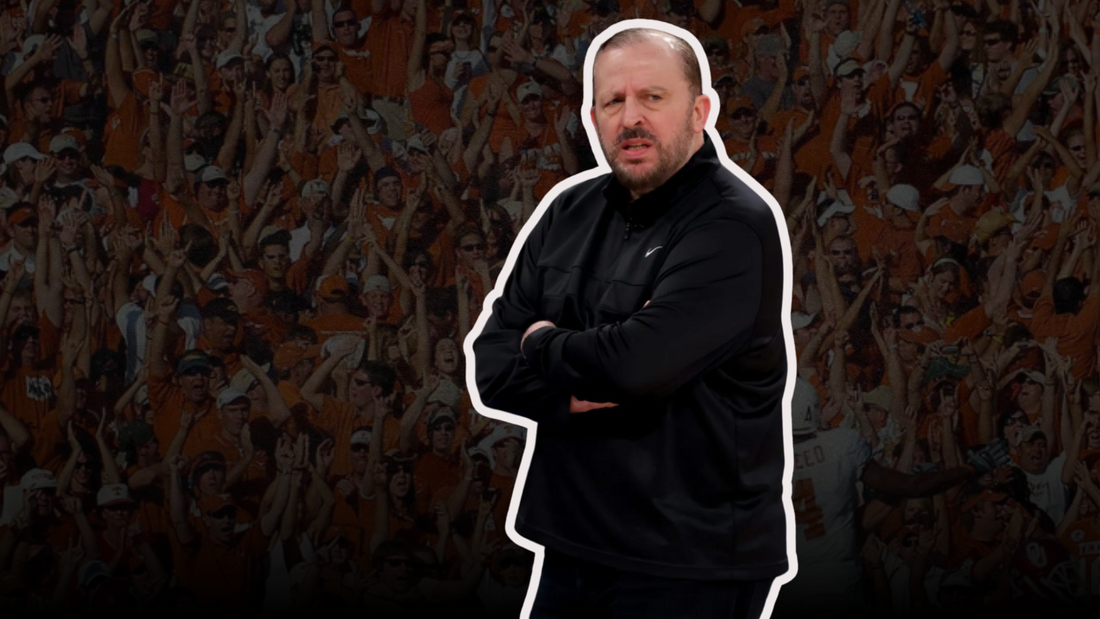
Why Did the New York Knicks Fire Tom Thibodeau? Inside the Decision
By Edcel Panganiban June 05, 2025 09:18
In a move that shocked the basketball world, the New York Knicks fired head coach Tom Thibodeau just days after the team reached the Eastern Conference Finals for the first time in 25 years. Despite leading the franchise to its most successful stretch since the late 1990s, the Knicks’ front office concluded that a change was necessary to push the team beyond its current ceiling and finally contend for an NBA title.
Thibodeau’s Impact: Reviving a Dormant Franchise
Tom Thibodeau’s tenure in New York was marked by a remarkable turnaround. Before his arrival in 2020, the Knicks had endured seven consecutive seasons without a playoff appearance, one of the darkest stretches in franchise history. Over five seasons, Thibodeau led the Knicks to four playoff berths, including two trips to the Conference Semifinals and this season’s deep run to the Eastern Conference Finals. He compiled a 226-174 regular-season record, becoming one of the winningest coaches in franchise history.
Thibodeau’s intense coaching style characterized by rigorous defense, demanding training, and meticulous minute management was credited with instilling a winning culture. His ability to maximize the talents of stars like Jalen Brunson and Karl-Anthony Towns helped the Knicks become a legitimate contender.
Why the Change? Style, Strategy, and Stagnation
Despite the success, the Knicks’ leadership believed that Thibodeau’s approach had limitations that prevented the team from reaching the NBA Finals. Team president Leon Rose emphasized the organization’s “singular focus on winning a championship for our fans,” suggesting that while Thibodeau had brought the Knicks close, he was not the right coach to take them all the way.
One key critique was the team’s offense, which, while efficient in the regular season (fifth in points per 100 possessions), became predictable and stagnant against elite competition. The Knicks relied heavily on isolation plays, with Jalen Brunson averaging 26 points and 7.3 assists, and Towns contributing 24.4 points and 2.0 made three-pointers per game. However, this one-dimensional attack struggled in the playoffs, where opponents had time to gameplan and slow down the Knicks’ stars. New York’s offense dropped by 5.5 points per 100 possessions in the postseason, highlighting a lack of creativity and ball movement.
Another concern was Thibodeau’s heavy reliance on his starters. His minute management, often criticized for overburdening key players, raised durability questions. The Knicks’ bench development lagged, limiting rotation flexibility and depth, which hurt them in long playoff series.
Tactical Limitations: The Karl-Anthony Towns Dilemma
A glaring example of strategic inflexibility was how the Knicks utilized Karl-Anthony Towns. Opposing defenses frequently employed switch-heavy schemes, placing smaller wing defenders on Towns to neutralize his pick-and-pop shooting threat. This tactic was so effective that in a regular-season game against Oklahoma City, Towns played 42 minutes without attempting a single three-pointer. Thibodeau failed to devise countermeasures to this defensive strategy, stifling New York’s offensive flow and exposing a critical weakness.
Internal Dynamics and Leadership Decisions
Though Thibodeau had a strong relationship with team president Leon Rose, who extended his contract just last summer, the decision to part ways was reportedly made by Rose with owner James Dolan’s approval. The Knicks’ leadership appears intent on finding a coach with a more adaptable style who can better manage star players and develop a more dynamic offense.
Players expressed surprise and disappointment. Star guard Jalen Brunson, whose father is part of the coaching staff, voiced disbelief when asked about Thibodeau’s job security: “That a question, right? You ask me if I believe he’s the right coach? Yes. Come on.” Veteran Josh Hart also showed gratitude on social media, calling Thibodeau “Forever Grateful. Thank You!”.
The firing of Tom Thibodeau, despite unprecedented recent success, underscores the Knicks’ urgency to end a 52-year championship drought. While Thibodeau restored competitiveness and pride to the franchise, the front office concluded that his intense style and tactical rigidity were insufficient to surmount the final hurdles. The Knicks now embark on a coaching search aimed at finding a leader capable of unlocking the team’s full potential and delivering the elusive NBA title.
As the organization moves forward, fans and analysts alike will watch closely to see if the next coach can build on Thibodeau’s foundation and finally bring championship glory back to New York.


































































